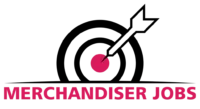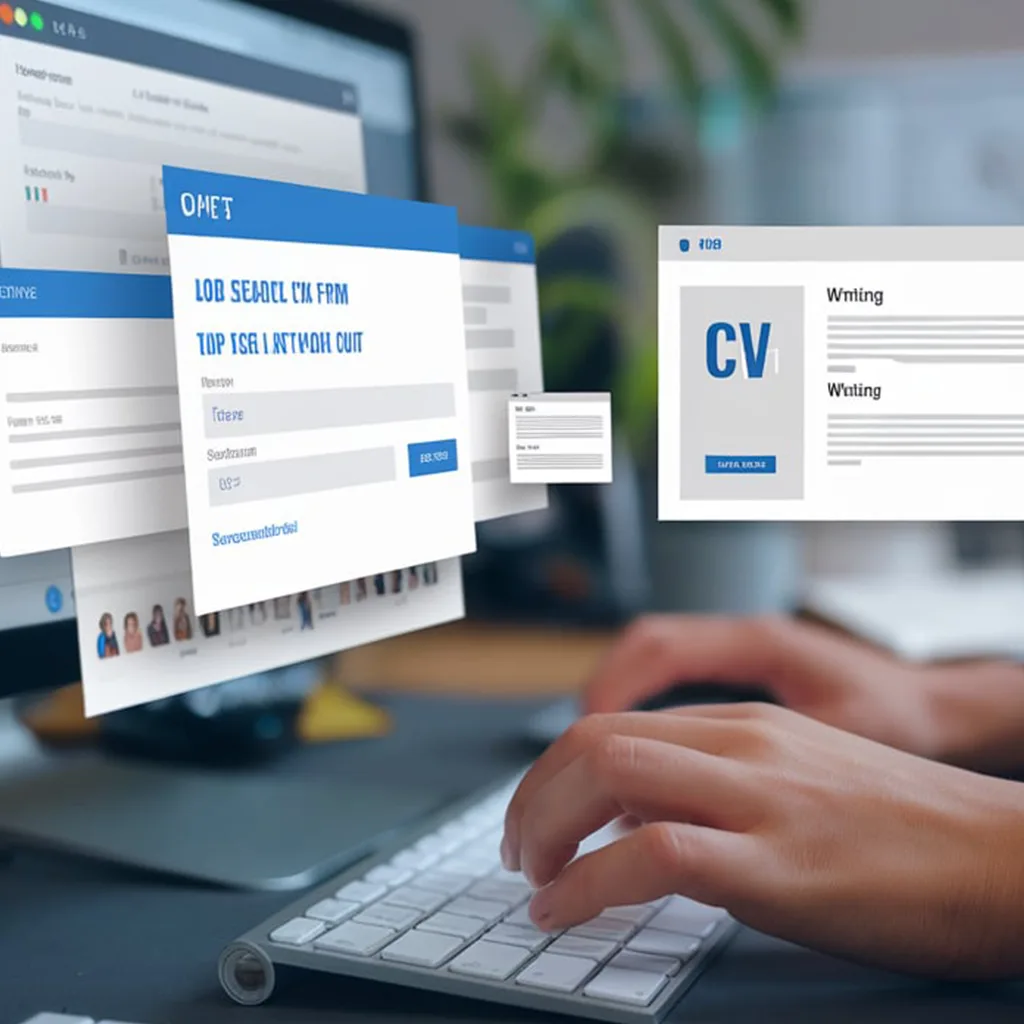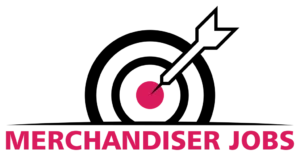Tips for Writing a Great Cover Letter: Your Ultimate Guide
Creating a standout cover letter is crucial in today’s competitive job market. A great cover letter not only highlights your qualifications but also demonstrates your enthusiasm and fit for the role.
On this occasion, we share with you some of the best tried-and-tested tips for writing a great cover letter, which will allow you to stand out in the selection processes. Take a look, make notes, and don’t forget to apply them!
Understanding the Importance of a Great Cover Letter
Before diving into the tips, it’s essential to understand why a cover letter is important and what role it plays in your job application.
What is a Cover Letter?
A cover letter is a document sent with your resume to provide additional information on your skills and experience. It introduces you to potential employers and explains why you are an ideal candidate for the job.
Why is a Cover Letter Important?
A cover letter is crucial because it:
- Personalizes your application
- Highlights your most relevant qualifications
- Demonstrates your writing skills
- Shows your enthusiasm for the position
- Provides an opportunity to explain any gaps or unusual aspects of your resume
Tips for Writing a Great Cover Letter
Here are essential tips for crafting a compelling cover letter:
Research the Company and Job Role
Before writing your cover letter, research the company and the job role. Understanding the company’s culture, values, and goals will help you tailor your letter to fit their needs.
Use a Professional Format
A well-structured cover letter is easier to read and looks more professional. Follow these formatting tips:
- Use a professional font, such as Arial or Times New Roman
- Set font size to 10-12 points
- Maintain 1-inch margins on all sides
- Use a formal business letter format
Start with a Strong Opening
Your opening paragraph should grab the reader’s attention and make them want to read more. Start with a strong statement about why you are interested in the position and what makes you a suitable candidate.
Highlight Relevant Skills and Experiences
In the body of your letter, focus on your relevant skills and experiences. Use specific examples to demonstrate how your background aligns with the job requirements. Mention any achievements or projects that showcase your abilities.
Show Enthusiasm and Cultural Fit
Express your enthusiasm for the position and the company. Explain why you are excited about the opportunity and how you would fit into the company’s culture.
Close with a Call to Action
End your letter with a strong closing paragraph that includes a call to action. Encourage the employer to contact you for an interview and thank them for considering your application.
Common Mistakes to Avoid
Avoiding common mistakes can enhance the effectiveness of your cover letter. Here are some pitfalls to watch out for:
Using a Generic Template
Avoid using a generic template for your cover letter. Tailor each letter to the specific job and company to show that you have done your research and are genuinely interested.
Focusing Too Much on Yourself
While it’s important to highlight your qualifications, make sure to focus on how you can benefit the company. Show that you understand their needs and how you can address them.
Making Spelling and Grammar Errors
Proofread your letter carefully to eliminate any spelling and grammar errors. A polished letter demonstrates your attention to detail and professionalism.
Sample Cover Letter Structure
Here is a sample structure for an effective cover letter:
Header
Include your contact information at the top, followed by the date and the employer’s contact information.
Your Name
Your Address
City, State, ZIP Code
Your Email
Your Phone Number
Date
Employer’s Name
Company Name
Company Address
City, State, ZIP Code
Salutation
Address the letter to the hiring manager by name. If the name is not provided, use a general salutation such as “Dear Hiring Manager.”
Opening Paragraph
Start with a strong introduction that mentions the job you are applying for and a brief statement about why you are a good fit.
Body Paragraphs
Divide the body into 2-3 paragraphs. Highlight your relevant skills, experiences, and achievements. Use specific examples to support your claims.
Closing Paragraph
End with a strong closing that includes a call to action. Encourage the employer to contact you for an interview and express gratitude for considering your application.
Signature
Use a formal closing, such as “Sincerely,” followed by your name and signature.
FAQs about these Tips for Writing a Great Cover Letter
How long should a cover letter be?
A cover letter should be concise, typically no longer than one page. Aim for 3-4 paragraphs that clearly and succinctly highlight your qualifications and enthusiasm for the position.
What should I include in the opening paragraph?
In the opening paragraph, mention the job you are applying for, how you found out about the position, and a brief statement about why you are a suitable candidate.
How can I make my cover letter stand out?
To make your cover letter stand out, tailor it to the specific job and company, use a professional format, and highlight your most relevant skills and experiences. Show enthusiasm and demonstrate how you can contribute to the company’s success.
Should I include my salary expectations in the cover letter?
Unless specifically requested in the job posting, it is generally not advisable to include salary expectations in your cover letter. Focus on your qualifications and fit for the role instead.
Can I use bullet points in my cover letter?
While cover letters are typically written in paragraph form, you can use bullet points to highlight key achievements or skills if it enhances readability. Use them sparingly to maintain a formal tone.
Advanced Tips for a Stellar Cover Letter
Going beyond the basics can make your cover letter truly outstanding. Here are some advanced tips:
Tailor Your Tone and Language
Match the tone and language of your cover letter to the company culture. If the company has a more formal environment, maintain a professional tone. For a more casual company, a slightly relaxed tone can be appropriate.
Use Data and Metrics
Where possible, quantify your achievements with data and metrics. For example, “Increased sales by 20% in six months” is more impactful than simply stating “Improved sales.”
Address Potential Concerns
If you have employment gaps or are changing careers, briefly address these in your cover letter. Explain how your unique experiences and skills make you a suitable candidate despite these concerns.
Show Your Personality
Let your personality shine through in your cover letter. While maintaining professionalism, share a bit about your passion and interests that align with the company’s values.
Proofread Multiple Times
Proofread your cover letter multiple times and consider having a friend or colleague review it as well. Fresh eyes can catch errors you might have missed.
Crafting an exceptional cover letter is essential in the job application journey. By delving into company research, customizing your letter to the specific role, showcasing relevant skills and experiences, and sidestepping common errors, you can produce a compelling cover letter that distinguishes you from other candidates. Incorporating effective tips for writing a job application letter can significantly enhance your chances of success.
Follow these tips for writing a great cover letter, and you’ll be well on your way to making a strong impression and landing your desired job.





